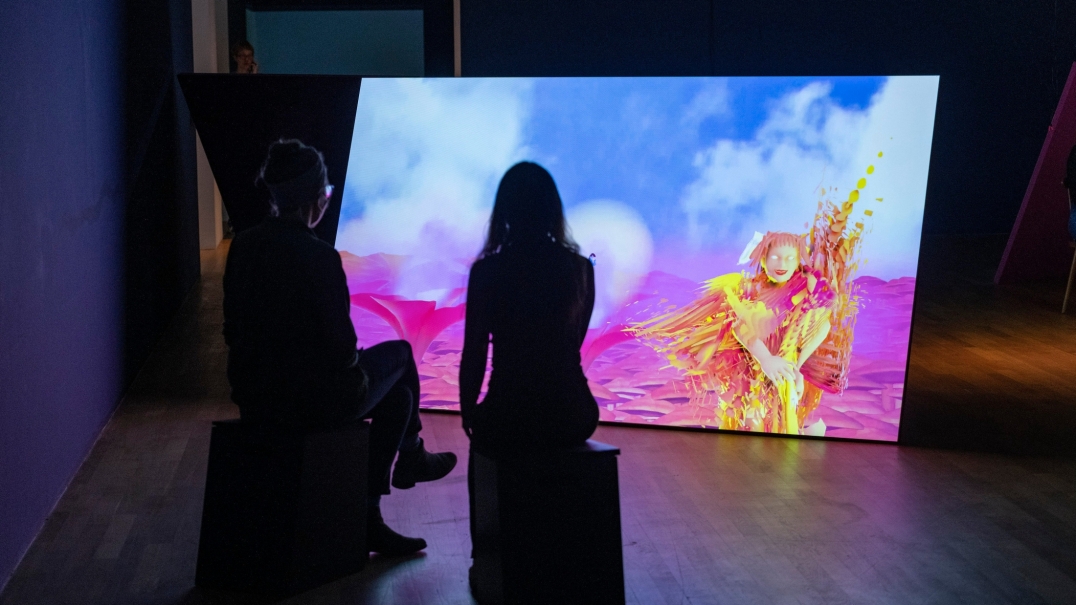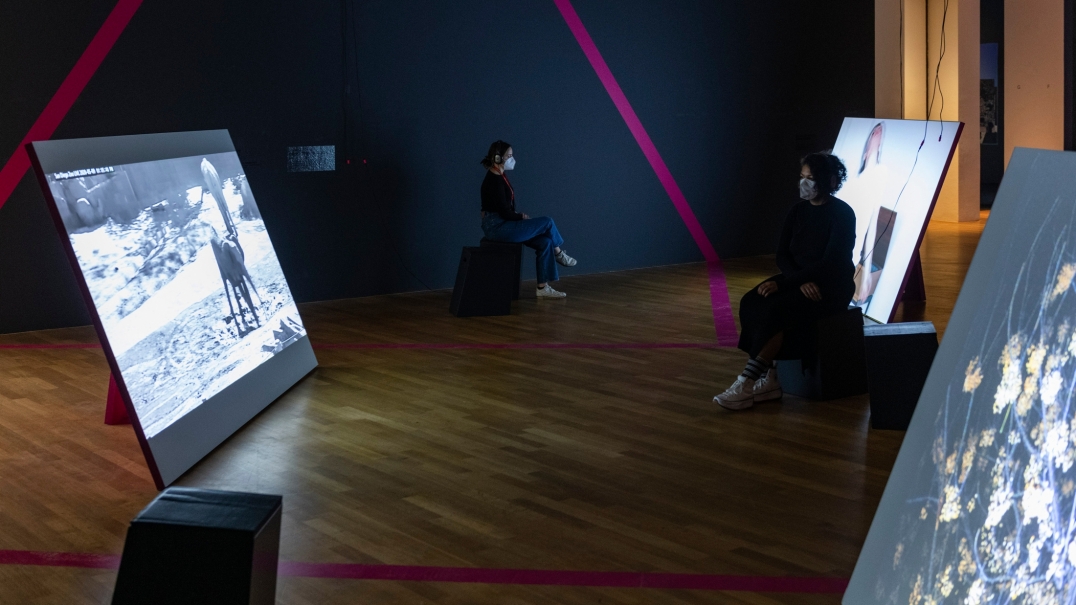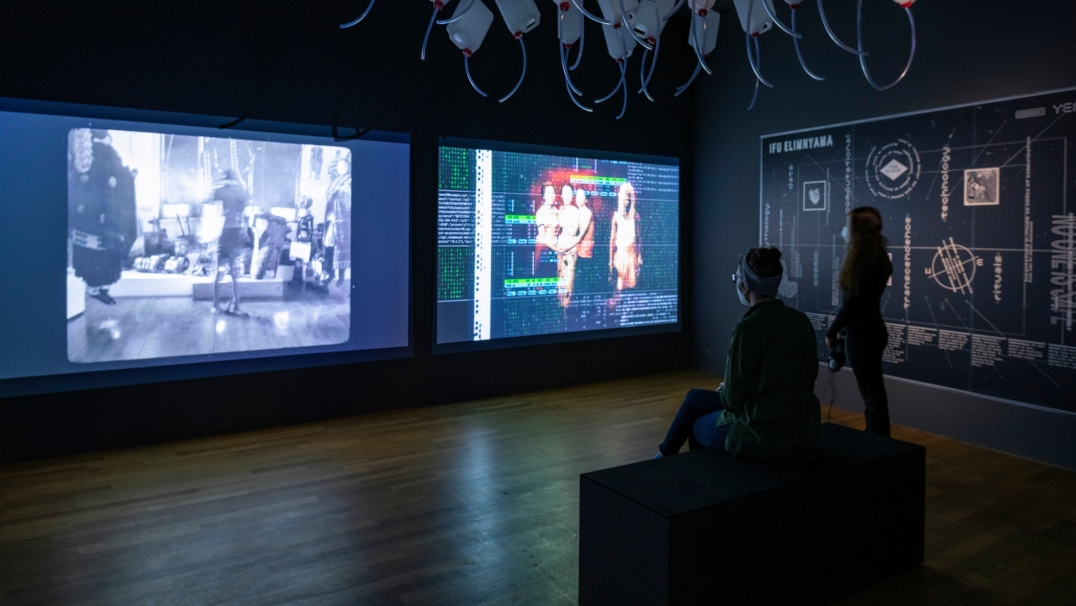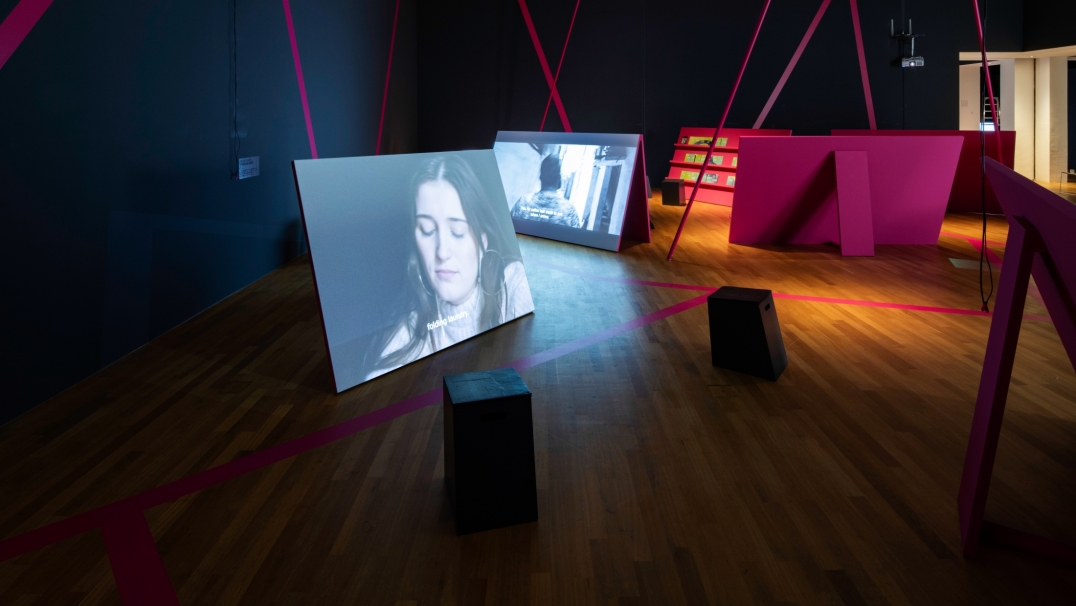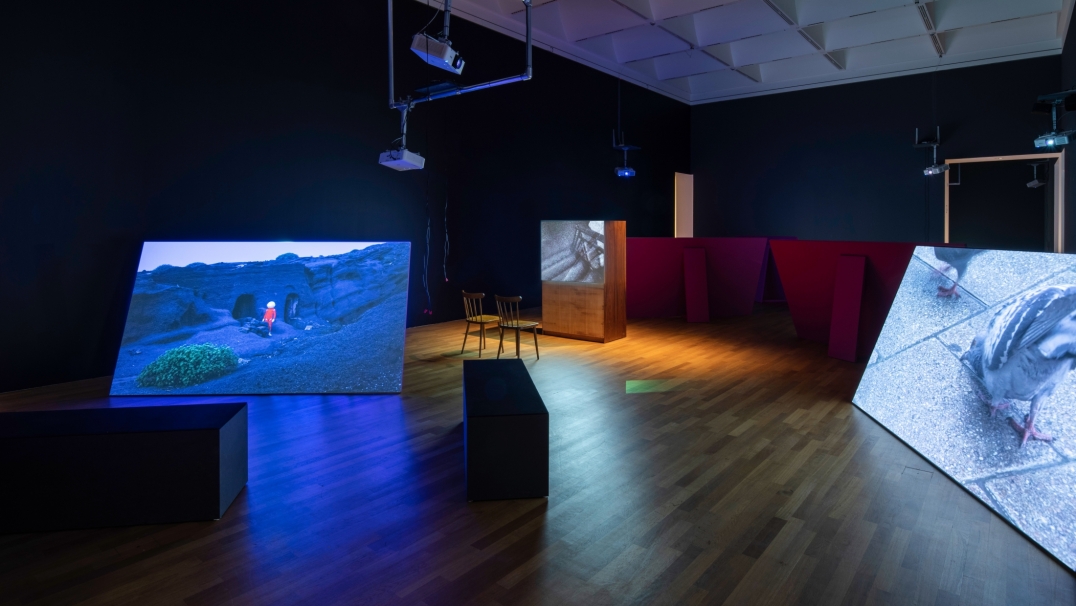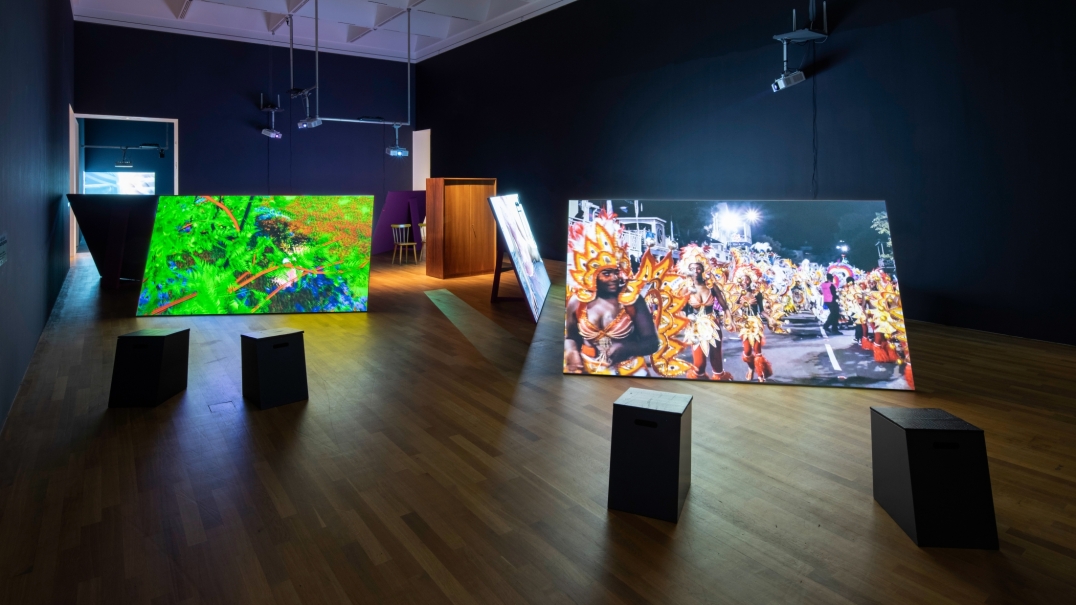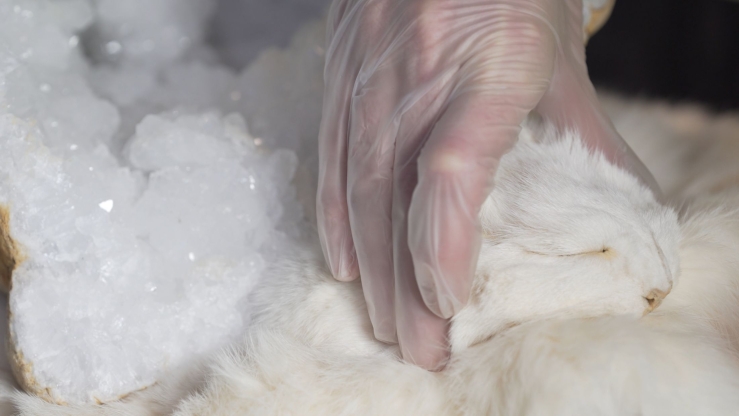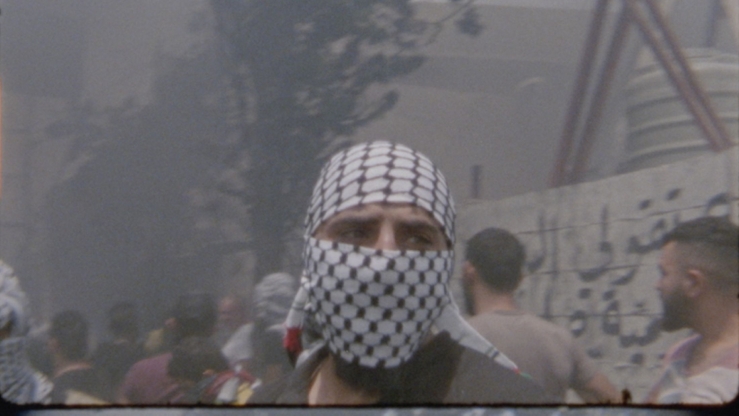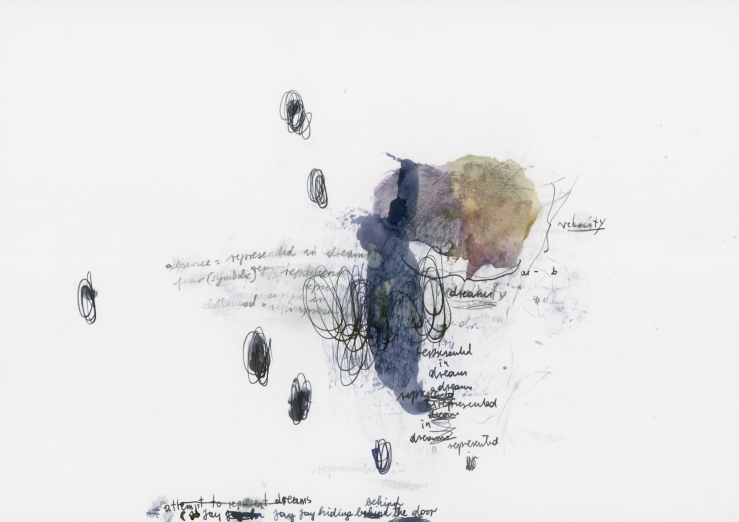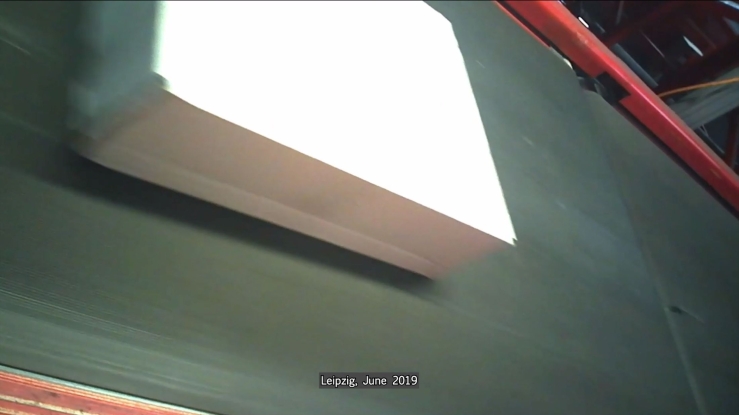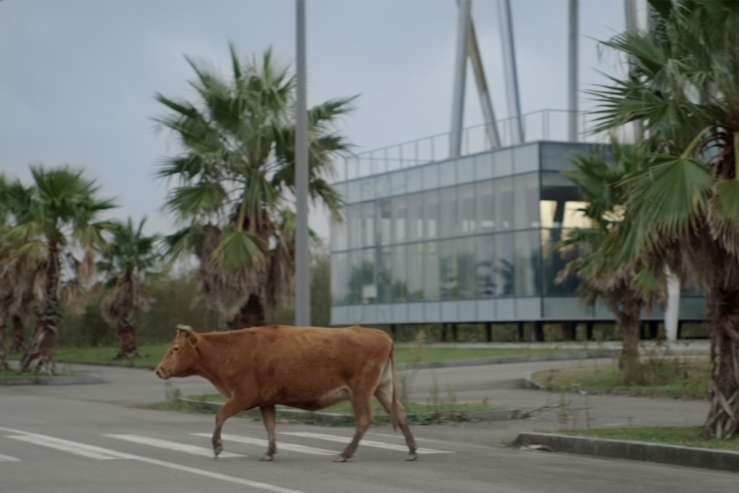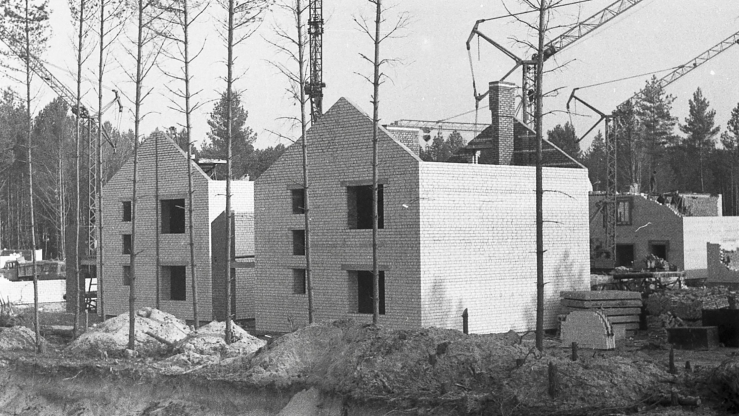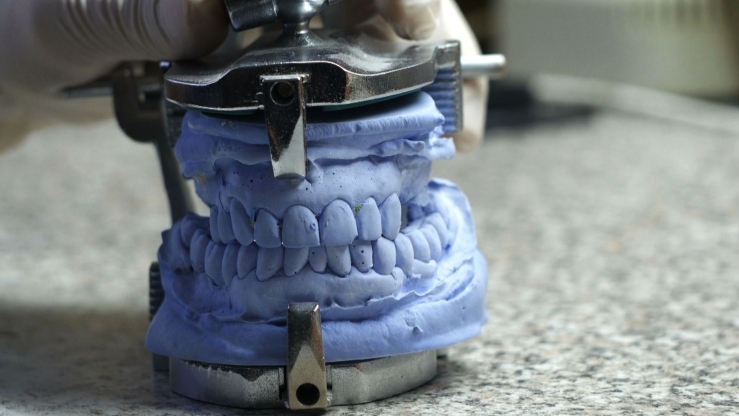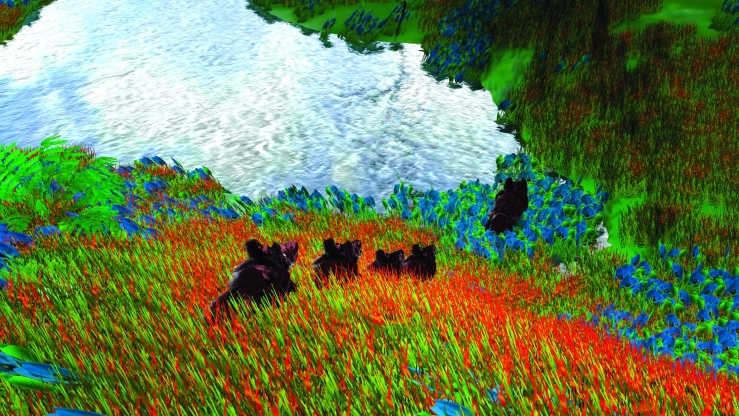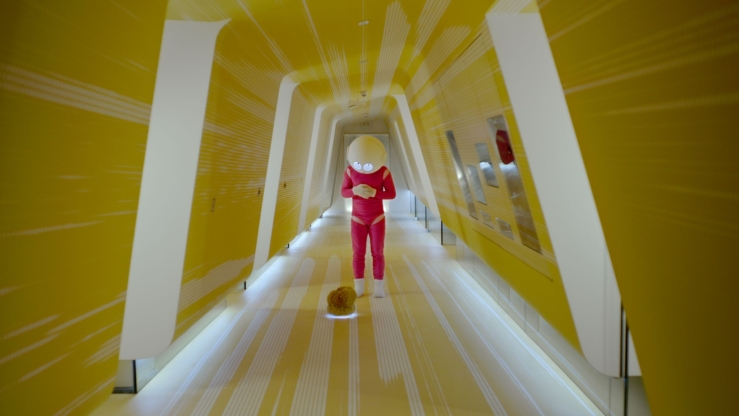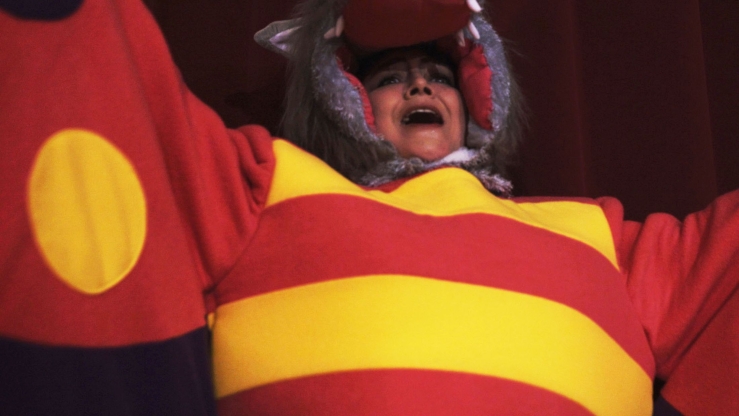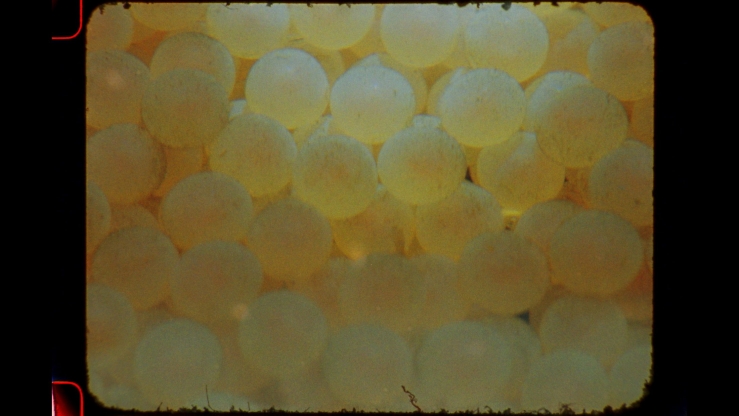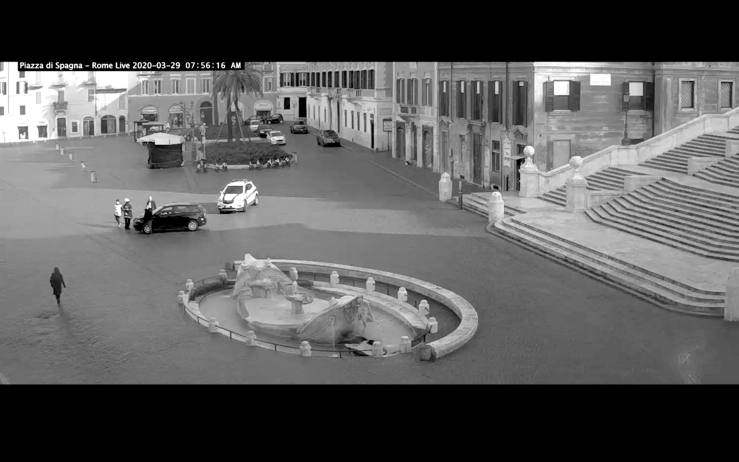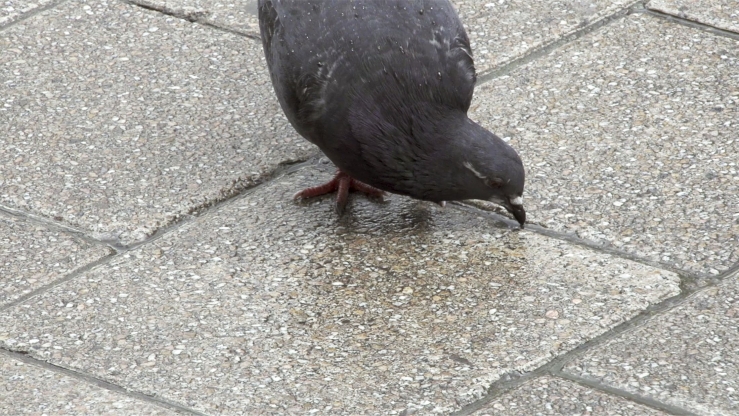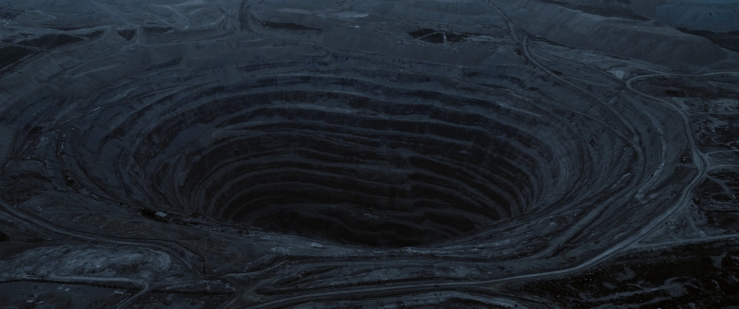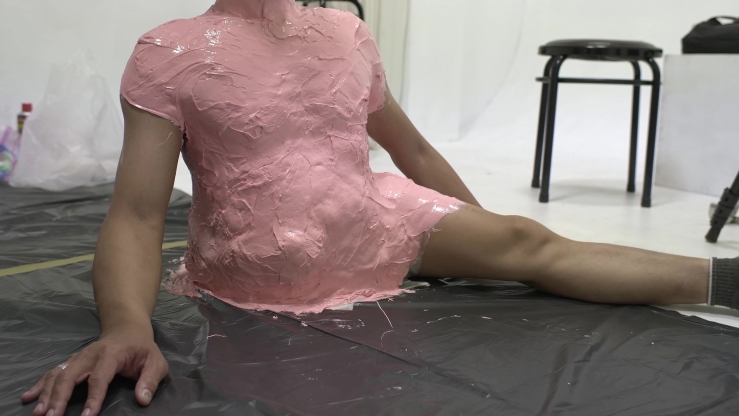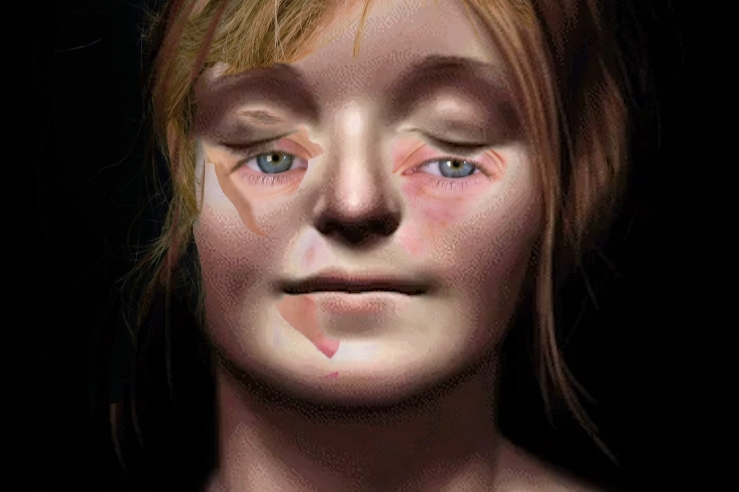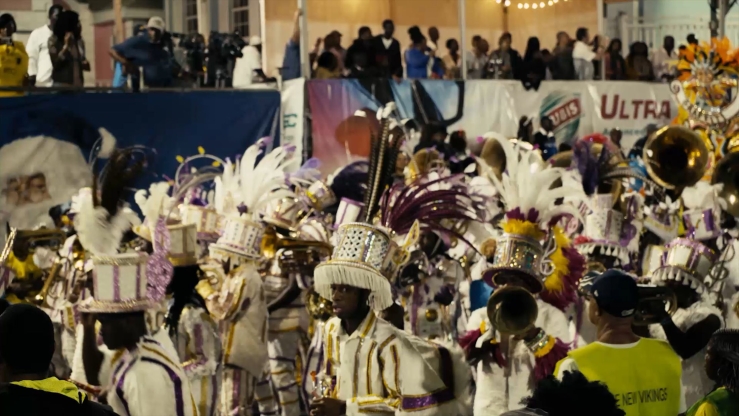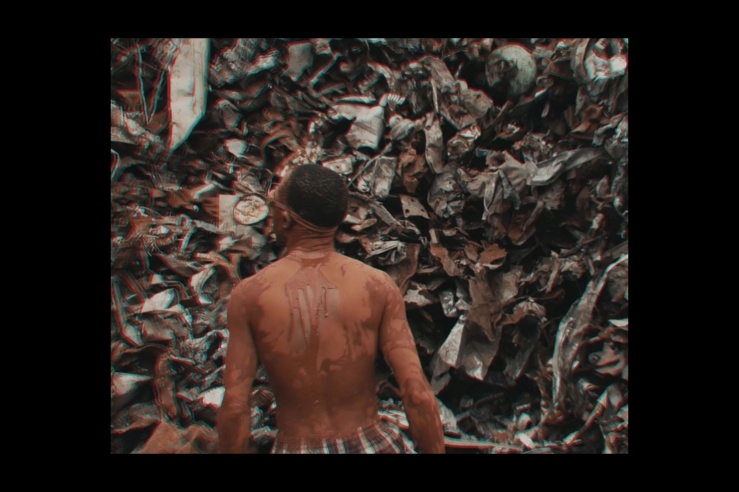VIDEONALE.18
The themes addressed by the previous Videonale editions, “The Call of the Wild” VIDEONALE.15, “PERFORM!” VIDEONALE.16 and “Refracted Realities” VIDEONALE.17, reflected egocentric and escapist phenomena in society. In which direction do we continue thinking from here? With 31 works selected from around 1,900 submissions, the VIDEONALE.18 entitled “Fluid States. Solid Matter” opened up a space of reference for reflecting on a changing world in which social, political, economic and ecological interrelations are reassessed and orders are newly constituted in complex dynamics.
On what basis do we live, think and act today? And how are we shaping this basis for the future? Common Western anthropocentric concepts that have been applied to large parts of the remaining world over the course of history – from human rights via the notion of private property to the founding of nation states – are based on the assumption of a sovereign individual, a fixed and autonomous body with distinct contours and clear boundaries to its environment. But how does this body, our perception of it and thus its positioning in the world, change when we conceive it as a fluid body engaged in a constant exchange with other bodies and its human, natural and more-than-human surroundings? This idea of “Bodies of Water” (Astrida Neimanis) not only liquefies our conception of a clear separation between humans and nature, it also upends many other hitherto valid hierarchies and boundaries, providing space for thinking about new, more complex reference systems in which we move about together with our bodies.
If we accept this as the basis for a future form of coexistence, how does that alter our perception of the other? What new possibilities of social, political, ecological, and economic cooperation would then be conceivable? Often based on very concrete places, things or autobiographical constellations, the 31 positions of the VIDEONALE.18 consider how liquefying firm constellations – solid matter – to fluid states – new, more permeable conditions – can have an effect on our being-in-the world. With their models and thoughts, they show that the shaping of future utopias is made possible not by exclusion and demarcation, but by forging new alliances and solidarities.
In response to the artistic positions, the VIDEONALE.18 created fluid spaces in the exhibition as well as in the festival program and the six-week supporting program, making them a forum for exchange and dialog with talks, presentations, workshops, performances, and participatory formats. (Tasja Langenbach)
VIDEONALE.18 Artists
Paula Ábalos, Tekla Aslanishvili, Eliane Esther Bots, Viktor Brim, Adam Castle, Eli Cortiñas, Emily Vey Duke & Cooper Battersby, Mouaad el Salem, Mahdi Fleifel, Ellie Ga, Beatrice Gibson, Russel Hlongwane, Heidrun Holzfeind, Che-Yu Hsu, Sohrab Hura, Ida Kammerloch, Michelle-Marie Letelier, Dana Levy, Anne Linke, Lukas Marxt & Michael Petri, Bjørn Melhus, Ana María Millán, Michael Klein & Sasha Pirker, Morgan Quaintance, Úna Quigley, Aykan Safoğlu, P. Staff, Rhea Storr, Ingel Vaikla, Ana Vaz, Gernot Wieland
Competition Jury
Elke Kania (expert in art history and film studies and independent curator), Tasja Langenbach (artistic director Videonale), Viktor Neumann (independent curator and visiting professor at the HfG Karlsruhe, GER), Vanina Saracino (independent curator), Stefan Panhans (artist), Florian Wüst (independent film curator, artist and publisher)
Award Jury
Prof. Dr. Stephan Berg (director of the Kunstmuseum Bonn), Fatima Hellberg (director of the Bonner Kunstverein), Matthieu Lelièvre (art historian, independent curator and consultant at the Museum of Contemporary Art in Lyon), Dr. Linnea Semmerling (director of the Düsseldorf Inter Media Art Institute)
Artistic director
Tasja Langenbach
Festival website
v18.videonale.org
Images:
VIDEONALE.18 catalogue cover, 2021. © Videonale
VIDEONALE.18 exhibition views, 2021, Kunstmuseum Bonn. © Videonale / Photo: David Ertl
About the VIDEONALE.18
1892 submissions (from 91 countries)
31 selected works (from 18 countries)
Duration March 4–April 18, 2021
Opening March 3, 2021
Location Kunstmuseum Bonn
Artists Paula Ábalos, Tekla Aslanishvili, Eliane Esther Bots, Viktor Brim, Adam Castle, Eli Cortiñas, Emily Vey Duke & Cooper Battersby, Mouaad el Salem, Mahdi Fleifel, Ellie Ga, Beatrice Gibson, Russel Hlongwane, Heidrun Holzfeind, Che-Yu Hsu, Sohrab Hura, Ida Kammerloch, Michelle-Marie Letelier, Dana Levy, Anne Linke, Lukas Marxt & Michael Petri, Bjørn Melhus, Ana María Millán, Michael Klein & Sasha Pirker, Morgan Quaintance, Úna Quigley, Aykan Safoğlu, P. Staff, Rhea Storr, Ingel Vaikla, Ana Vaz, Gernot Wieland
Videonale Award of the fluentum collection
Che-Yu Hsu for "副本人 (Single Copy)"
Special mention
Tekla Aslanishvili for "Scenes from Trial and Error"

